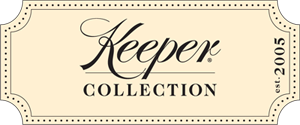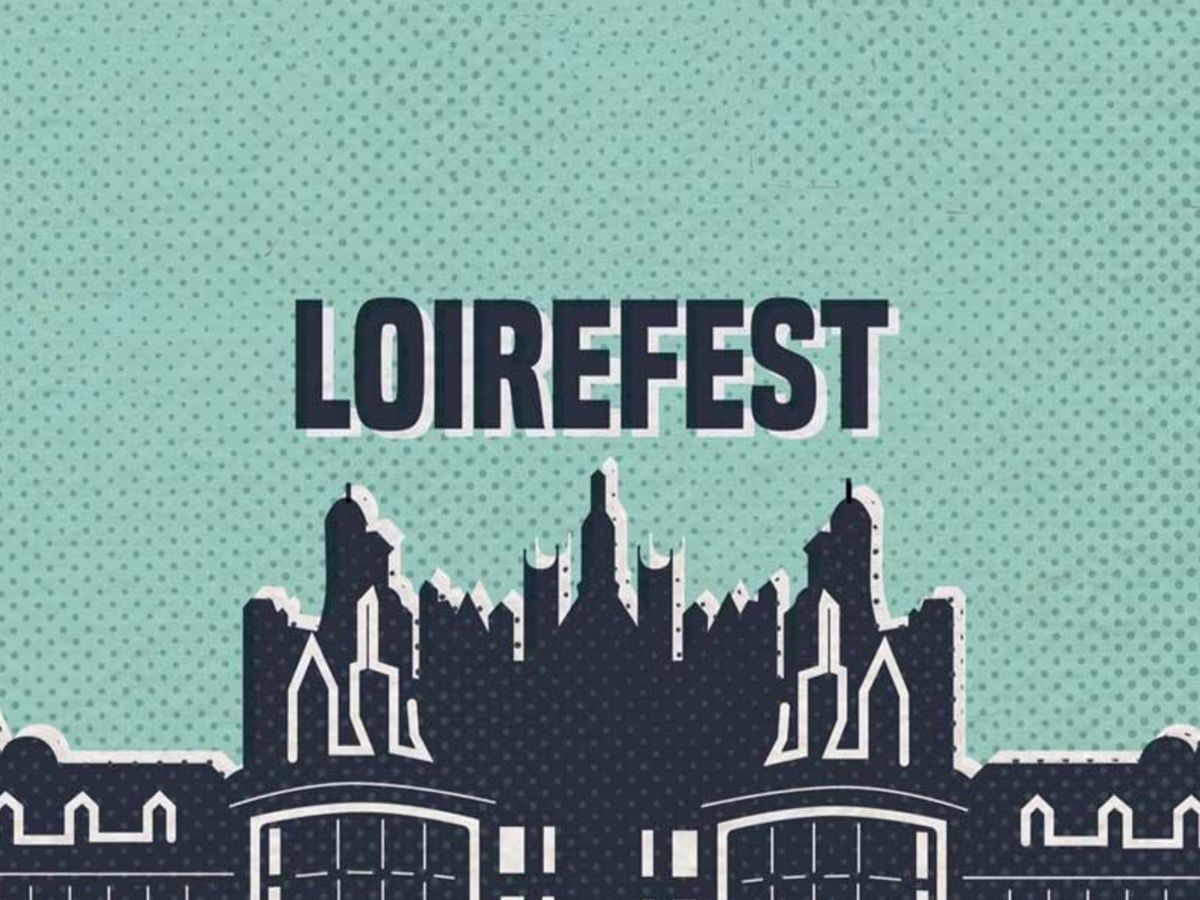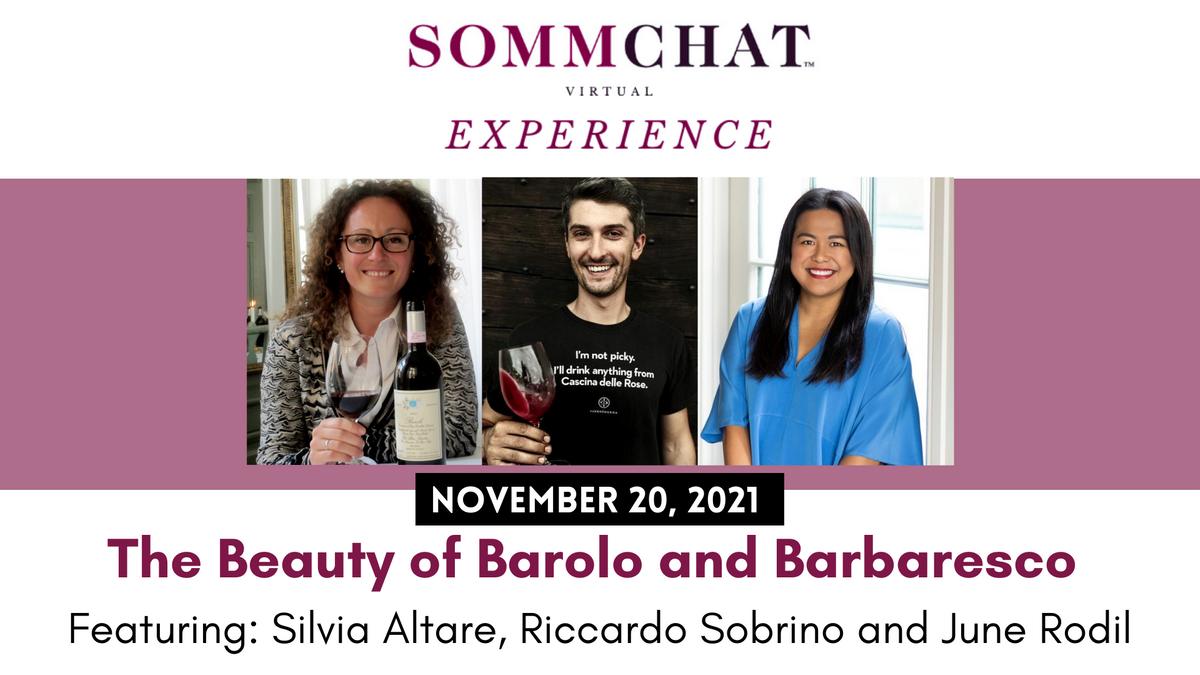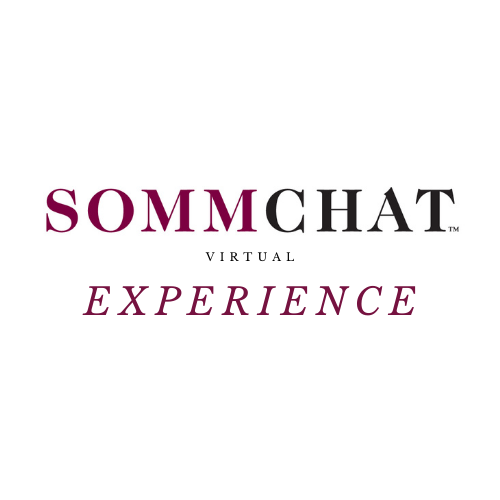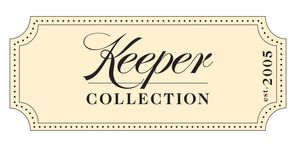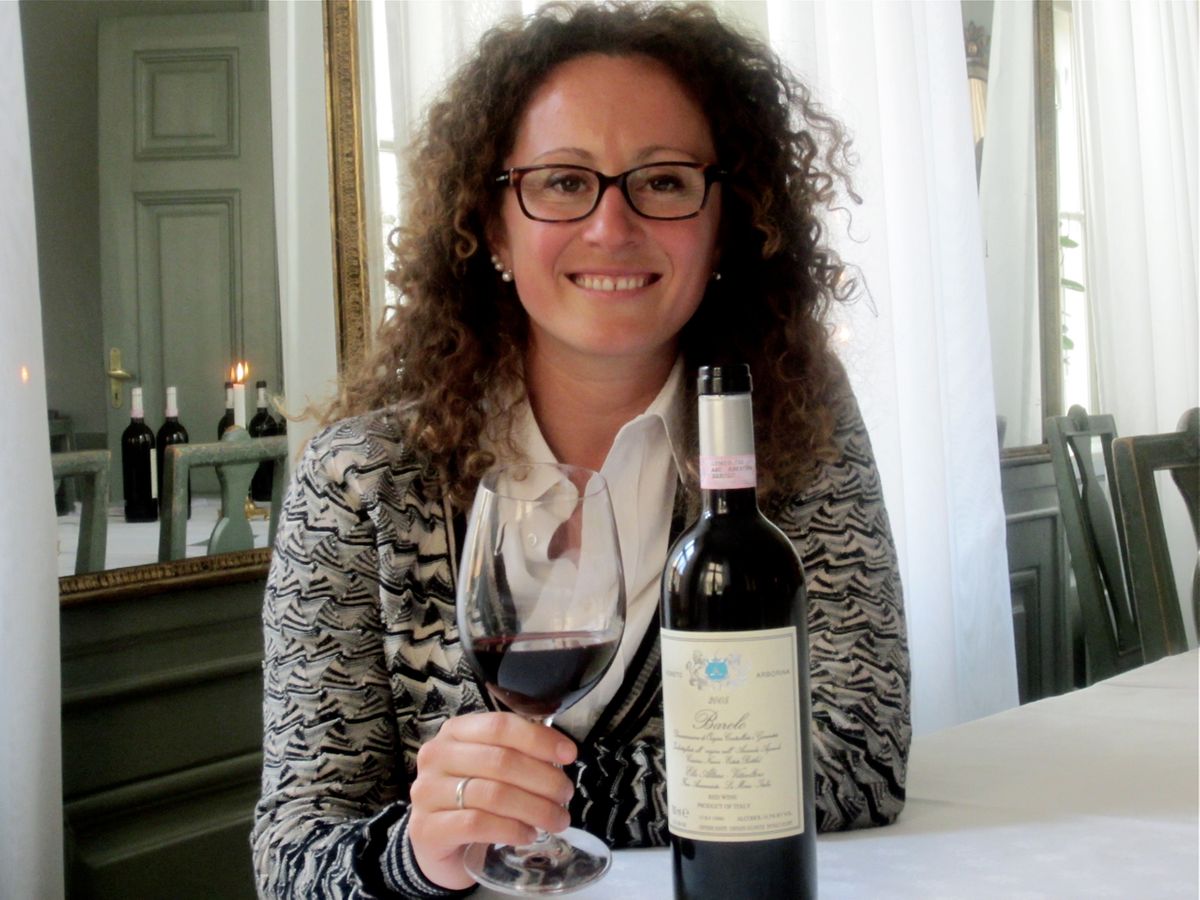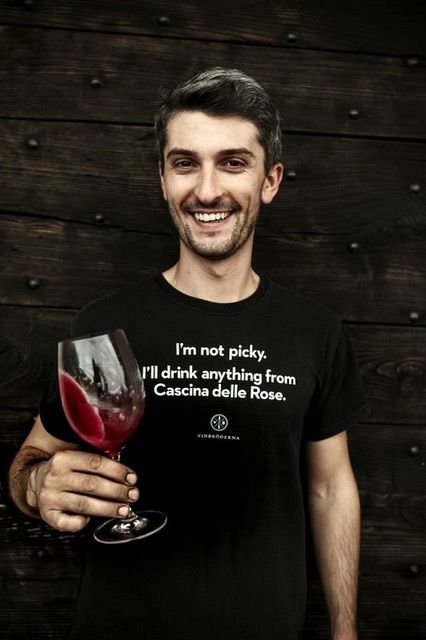In 2015, five Houston wine bars teamed up to promote the wines of the Loire Valley in France for a week. Only a year later in 2016, this small operation has turned into a month long, Texas wide celebration including 25 restaurants, bars and retail establishments. Aside from featuring and talking about Loire wines for the month of July, #LoireFest participants are holding various dinners, seminars and tastings. Find out where you can take part in #LoireFest HERE and make sure to follow #LoireFest on Twitter, Instagram and Facebook!
I had the privilege of getting to do an interview on Loire Valley wines with #LoireFest founder and Master Sommelier David Keck. Read on to learn about these awesome wines and how to pair them!
What are some characteristics that make wines from the #LoireFest special?
DAVID KECK, MS: Most of the wines from the Loire tend to have nice elevated acidity which gives them a brightness and lift that helps them pair with food and also remain refreshing in this hot summer weather. Even the reds do well at a cool cellar temperature. One of the other elements that makes a #LoireFest wine list so successful is the unbelievable diversity from one end of the Loire to the other. There are light, bright white wines; funky PetNat sparkling wines; gorgeous older traditional method sparkling wines; dry and age-worthy white wines; sweet wines; lean and bright red wines; as well as richer and fuller red wines. They also are still almost universally inexpensive, which allows guests to try a lot of different things.
What are the main grapes used in making Loire Valley wines?
DAVID KECK, MS: They vary as you move down the Loire, but starting inland and moving toward the coast, the primary grapes are: Gamay; Pinot Noir; Sauvignon Blanc; Chenin Blanc; Cabernet Franc; Melon de Bourgogne.
How is the terroir of the Loire Valley unique?
DAVID KECK, MS: Again, one of the greatest attributes of the Loire is its diversity-- throughout you find alluvial soils (it IS a river, after all!), but also amazing tuffeau, silex, chalk, limestone, gravel, and even granite! To bring culture into the conversation (also a crucial part of any terroir discussion), the Loire has been planted with vines for 2000 years and the winemaking is informed by centuries of outside influence as well as a profoundly French identity-- even to the extent that the Loire Valley is considered the Cradle of the French Language. The winemaking culture is one that is full of amazing tradition, but the Loire is also home to one of the most innovative and eccentric winemaking communities. 'Natural wine,' biodynamics, organics, and non-interventional winemaking all play very active roles in defining the current winemaking climate in the Loire.
What are some of your favorite Loire wine and food pairings?
DAVID KECK, MS: There are few things in the world as delicious as cold-water oysters and ice-cold Muscadet. I also love Chenin Blanc from Vouvray with fresh goat cheese. Meat terrines of any variety with lightly chilled vin de soif from the Loire is also a favorite. Honestly these wines go with so many different types of cuisine. Dry Chenin with sushi is one of my favorites.
Thanks to David Keck, MS and founder of #LoireFest for teaching us about Loire Valley wines! Go out and explore the Loire Valley Wines and let us know your favorites!
